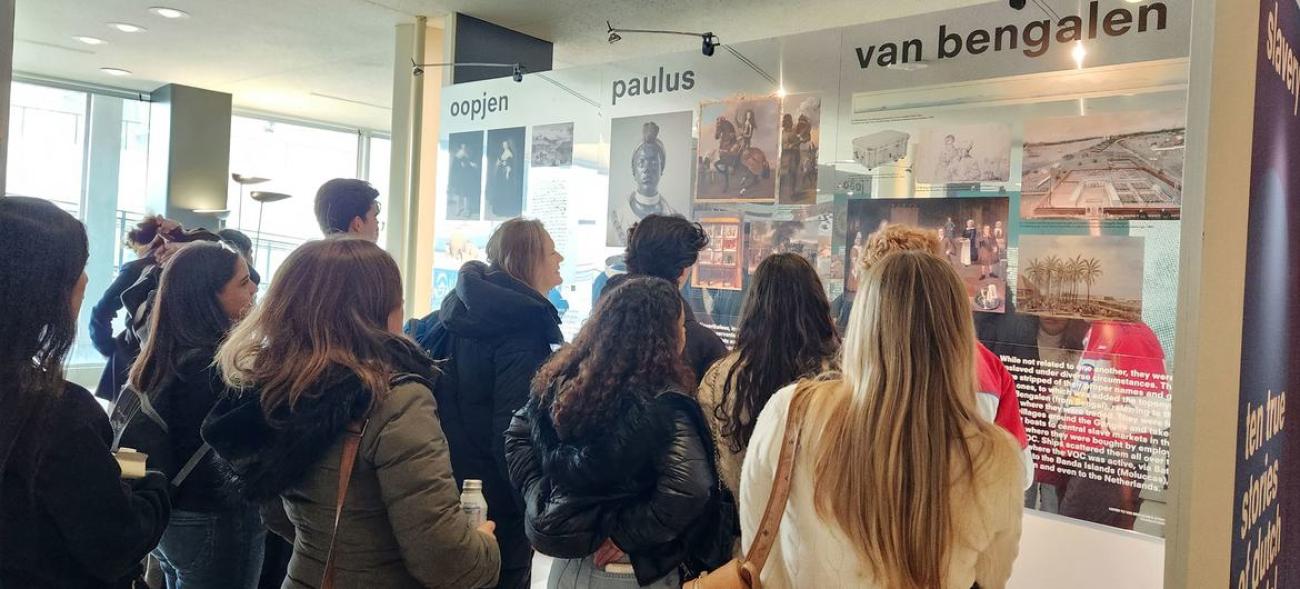Education is the “most powerful weapon” in the world’s arsenal to combat the brutal legacy of racism playing out today, the UN chief said on Monday, as the General Assembly met to mark the International Day of Remembrance of the Victims of Slavery and the Transatlantic Slave Trade.
“It is incumbent on us to fight slavery’s legacy of racism,” the UN Secretary-General António Guterres said. “The most powerful weapon in our arsenal is education, the theme of this year’s commemoration.”
Observed on 25 March, the international day commemorates the victims of one of history’s most horrific crimes against humanity that was legalized for more than 400 years, well into the 19th century, resulting in the forced deportation of over 15 million men, women, and children.
Long shadow of slavery
“The scars of slavery are still visible in persistent disparities in wealth, income, health, education, and opportunity,” he said, also pointing to the current resurgence of white supremacist hate.
Just as the slave trade underwrote the wealth and prosperity of the colonizers, it devastated the African continent, thwarting its development for centuries, he said.
“The long shadow of slavery still looms over the lives of people of African descent who carry with them the transgenerational trauma and who continue to confront marginalization, exclusion, and bigotry,” he said.
Teach histories of ‘righteous defiance’
Governments everywhere should introduce lessons into school curricula on the causes, manifestations, and far-reaching consequences of the transatlantic slave trade, he said.
“We must learn and teach the horrific history of slavery, and we must learn and teach the history of Africa and the African diaspora, whose people have enriched societies wherever they went, and excelled in every field of human endeavour,” the Secretary-General said.
He pointed to examples of righteous resistance, resilience, and defiance as Queen Nanny of the Maroons, in Jamaica, Queen Ana Nzinga of Ndongo in Angola, freedom fighter Sojourner Truth, who was born into slavery, and Toussaint Louverture of Saint-Domingue, who transformed a rebellion into a revolutionary movement and is known today as the “Father of Haiti”.
“By teaching the history of slavery, we help to guard against humanity’s most vicious impulses, and by honouring the victims of slavery, we restore some measure of dignity to those who were so mercilessly stripped of it,” he said.



